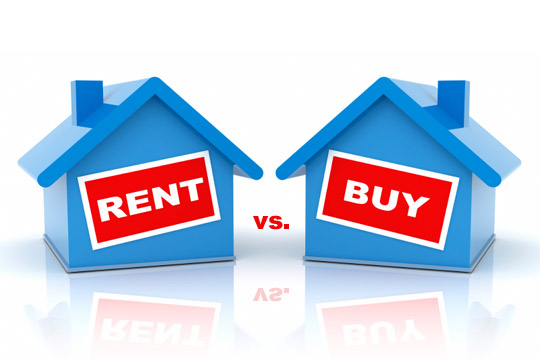If you are the individual who is weighing the option of buying or renting a house, you need to consider a few factors. Your financial situation has to be assessed for your long-term planning and that it is not that simple as well.
Understanding your house budget and expenses
It is wise to review your household budget in comparison to the expenses before you begin looking for a new house. You have to find out how much can you afford to pay for accommodation without putting a burden on the budget.
You simply cannot go for rent or mortgage payments if you are unable to pay them on time. Several factors are involved both for renting or buying that should be considered prior to making a decision.
What are the requirements while renting or buying a house?
Your credit history and credit score are crucial and that they will be looked upon by the rental agency or the landlords for the mortgage or rent. You will be checked whether you are can pay the bills on time and are not overdue with the loans or the credit card balances. You have to check your score and credit history before applying for the apartment or the mortgage.
Other factors that are important include your strong employment history, W-2 forms and current bank statements that have to depict a good picture. A few rental agencies require professional or personal references as well as background check and contact information from the previous landlord respectively.
When is renting a viable option?
If you have uncertain employment: According to Evelyn Zohlen (financial planner), if you are unsure about your living paycheck and job situation, it is best to save money for the future living expenses. This will help you to build an emergency fund for you as well.
Limited funds: Renting is the better alternative when you do not have enough money for making the down payment or for managing the additional costs of owning the house.
Short time frame: If you have an assignment that lasts two years or you plan to move abroad in a couple of years, then renting a house is a better option.
When is purchasing a house a feasible option?
Buying a house only makes sense when you have the ability to cover the additional costs for owning a house. It is vital that you pay the closing costs and the down payment before you buy a house. It is seen that many banks receive a 20 percent down payment. This means for a house that costs 250,000 dollars, at 20 percent the down payment will be 50,000 dollars. So, the total amount includes percent in commission and another one percent in closing cost as well.
But if you have much debt, you should not put your savings for the down payment at all. It will be better to pay off the entire debt first until you get a better financial position for yourself. If there is no debt, then you need to work out the buying or renting options in detail.
–EZINEARTICLES

